News
Kano Governor Receives New Telegraph Nigeria Best Governor of the Year Award on Education

Governor Abba Kabir Yusuf of Kano State, has been named best Nigerian Governor of the Year 2024 on Educational Development by the prestigious New Telegraph Newspapers in Lagos.
Presenting the Award to Governor Yusuf, the Former Abia State Governor Sen. Orji Uzor Kalu who is the Publisher of the New Telegraph Newspapers alongside Former Governor of Edo State, Comrade Sen. Adams Oshumole, Governor Yusuf was full of admiration and happiness.
A statement issued by the Governor’s spokesperson Mr. Sanusi Bature revealed that the award programme which graced by the Managing Director of the NNPP, Mele Kyari, and other highly placed dignitries showcased Governor Abba Kabir Yusuf high commitments on the Development of Education and his unflinching support to the growth of the sector.
Governor Yusuf who was represented by his Special Adviser on State Affairs, Usman Bala a Former Head of Service in the State, the State Commissioner for Information, Comrade Ibrahim Waiya, other high Government dignitries, expressed deep happiness on the award.
He also expressed his commitment to continue to give the Education sector more attention and support to achieve the most desired education reforms championed by his government.

Governor Yusuf was selected alongside other seven Nigeria Governor’s of Ekiti, Sokoto, Lagos, Ondo, Ogun, Borno, Delta and Osun States.
The Governor of Kano state was selected based on his administration’s commitments on education reforms including the declaration of state of emergency on education, sponsorship of 1, 001 post-gradudate abroad, recruitment of teachers, provision of classrooms, instructional materials, desks and chairs and allocation of 29.5 and 31 per cent of the total budget for 2024 and 2025 respectively.
Those who represented the Governor includes the Commissioner For Information, Ibrahim Waiya, Special Adviser State Affairs, Usman Bala mni, Director General Protocol Abdullahi Rogo, Director General Media and Publicity, Sanusi Bature, Commissioner of Culture and Tourism Aisha Lawan Saji, Special Adviser on Civil Service matters Suleiman Wali Sani mni, Special Adviser on education Tajuddeen Gambo, Managing Director of KASCO Dr. Kabiru Sani, MD Tourims Tukur Bala Sagagi, MD Abubakar Rimi Market Abdul Hussain among others.

Headlines
Kano business community thanks FG for N5bn Singer market relief
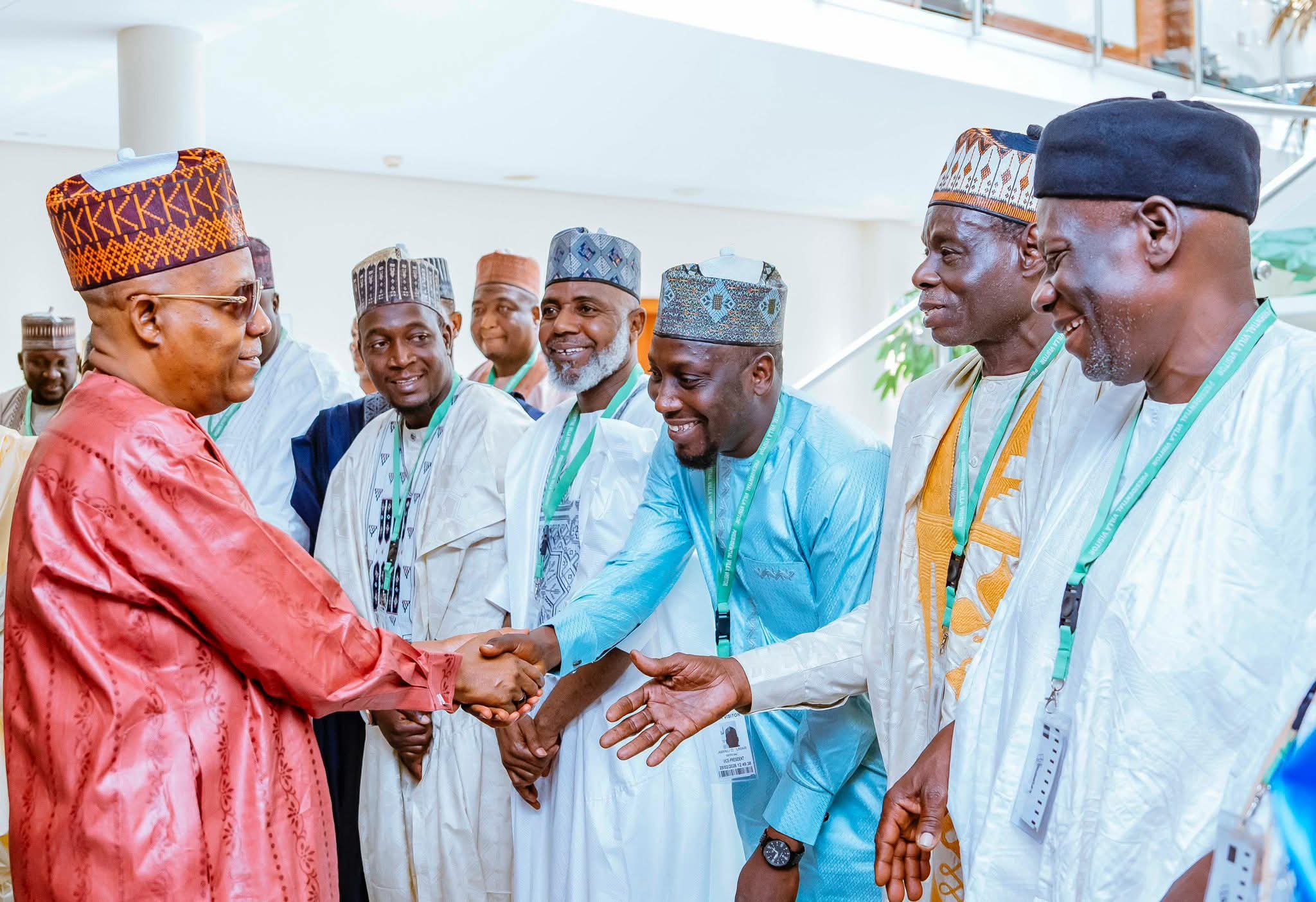
Nasiru Yusuf Ibrahim
Nigeria’s Vice President, Kashim Shettima, on Tuesday received a delegation from the Association of Kano Business Community at the Presidential Villa, Abuja, during a thank-you visit to President Bola Ahmed Tinubu.

KANO FOCUS reports that the delegation expressed appreciation to the Federal Government for its support to traders and other victims affected by the recent fire incident that razed several sections of the popular Singer Market in Kano.
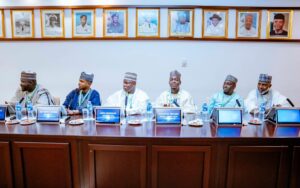
Speaking during the meeting, the Vice President reaffirmed the Federal Government’s commitment to collaborating with the Kano State Government and relevant agencies to prevent a recurrence of fire outbreaks in markets across the state.
He assured the delegation that President Tinubu has the interests of Kano people at heart, noting that the N5 billion approved as immediate relief for victims was based on the findings of a preliminary assessment of the damage caused by the inferno.
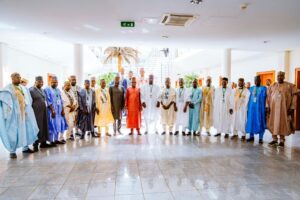
Shettima reiterated that the Federal Government would continue to support efforts aimed at restoring commercial activities and strengthening safety measures in markets to protect lives and property.

Headlines
Kano Govt inaugurates 23-member committee to disburse Singer market fire relief
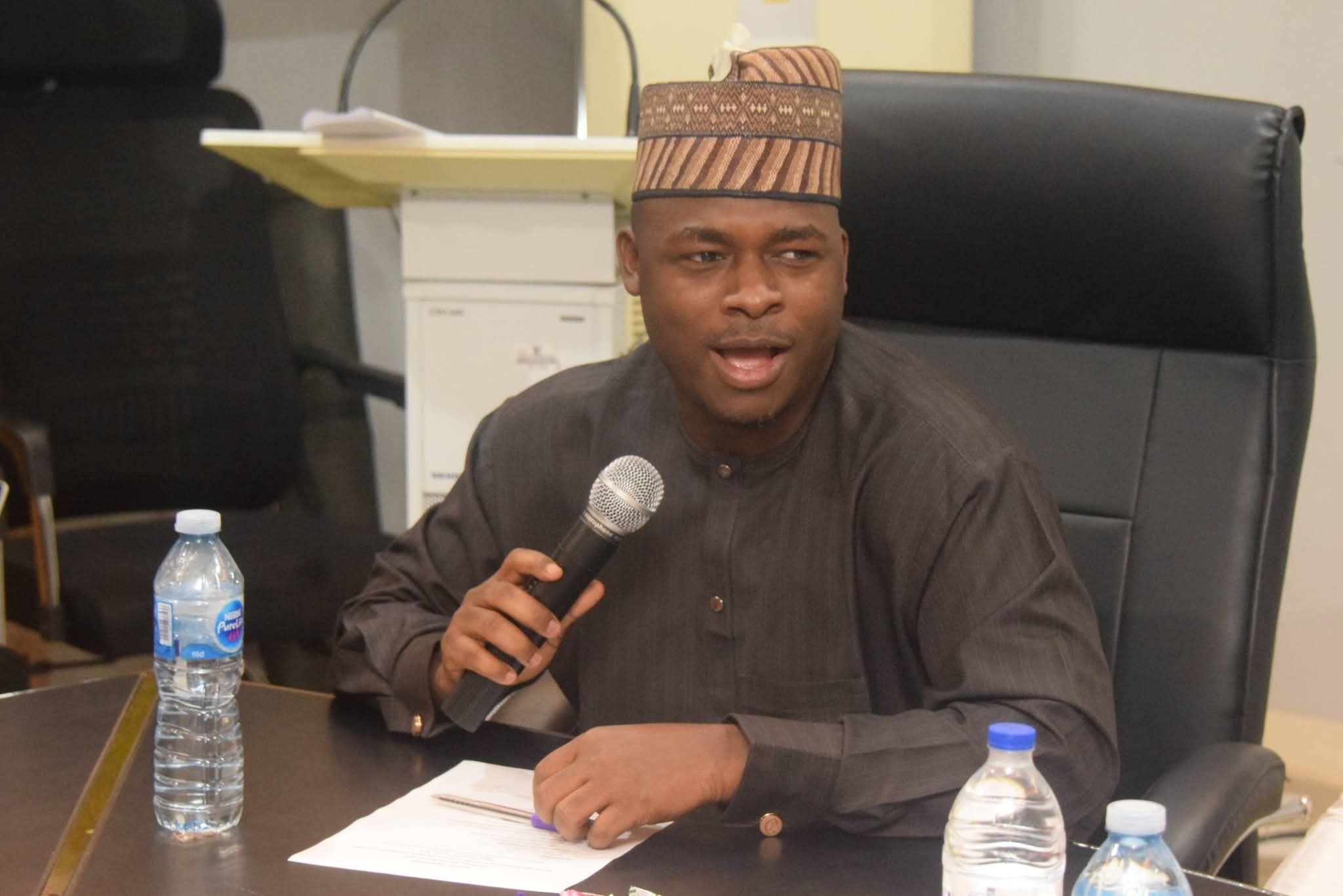
Nasiru Yusuf Ibrahim
The Kano State Government has inaugurated a 23-member committee to oversee the transparent and equitable distribution of financial assistance and relief materials to victims of the recent Singer Market fire disaster.

KANO FOCUS reports that the inauguration was carried out on behalf of the Secretary to the State Government, Umar Faruq Ibrahim, who chairs the committee. The event was presided over by the state Attorney-General and Commissioner for Justice, Abdulkarim Kabiru Maude.
According to the Attorney-General, the committee comprises representatives from key government agencies, security services, the Kano Emirate Council, religious leaders, and affected traders.
He said the panel’s mandate includes assessing the extent of losses, verifying genuine victims, ensuring timely distribution of support, and recommending measures to prevent future fire incidents.
The intervention follows support approved by President Bola Ahmed Tinubu, as well as contributions from the APC Governors Forum. It also comes in addition to earlier assistance provided by Governor Abba Kabir Yusuf and the Deputy Senate President, Barau I. Jibrin.
The state government reaffirmed its commitment to supporting victims of the disaster and restoring commercial activities at Singer Market.

Headlines
Kano Govt announces March 1 for schools’ Ramadan break
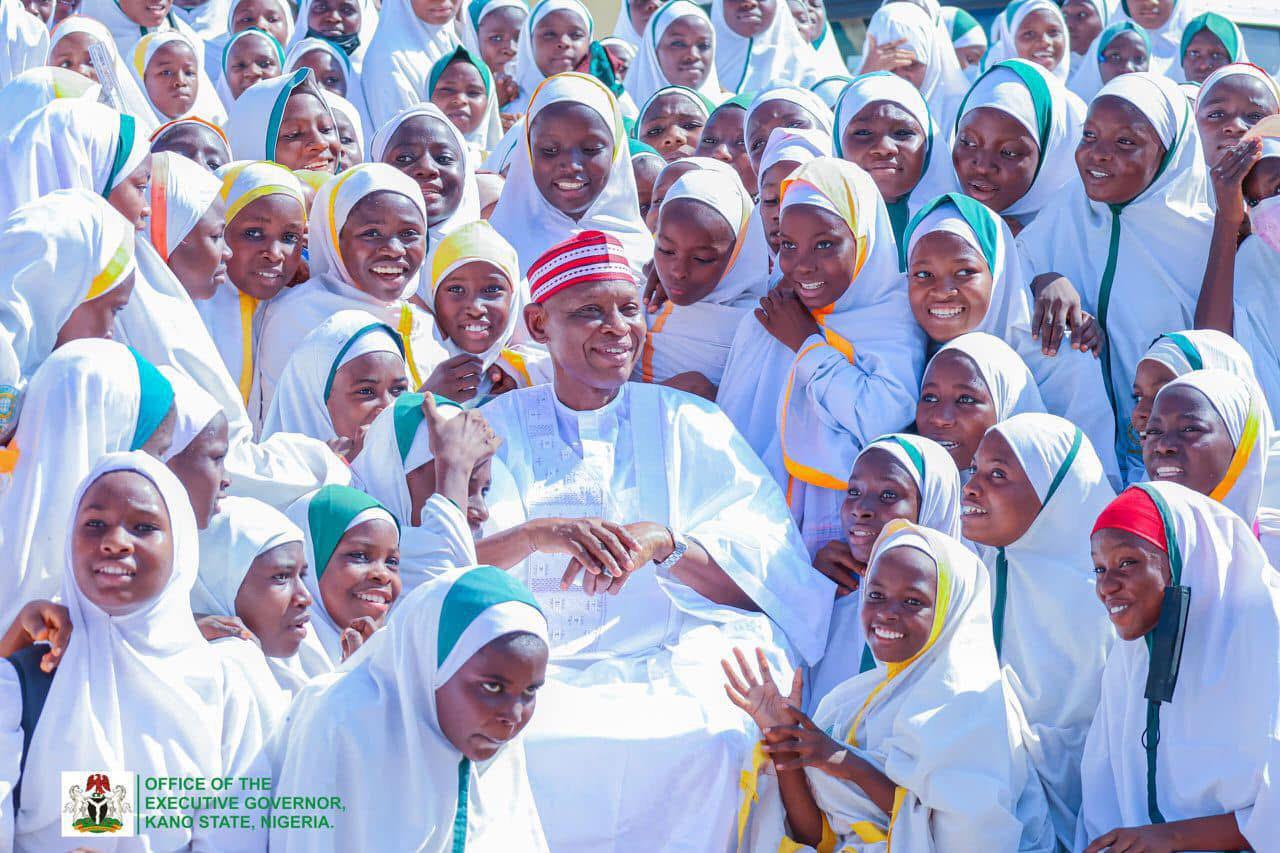
Nasiru Yusuf Ibrahim
The Kano State Government has announced Saturday, March 1, 2026, as the commencement date for the Eid-el-Fitr break for all public and private primary and post-primary schools in the state.

KANO FOCUS reports that the announcement, contained in the approved 2025/2026 academic calendar, applies to both day and boarding schools across the state.
According to a statement issued by the Director of Public Enlightenment, Musbahu Aminu Yakasai, parents and guardians of pupils and students in boarding schools are expected to convey their wards home by the early hours of Friday, February 28, 2026.
The statement further explained that boarding school students are to resume on Sunday, March 22, 2026, while day students are to resume on Monday, March 23, 2026.
It added that the second term will continue from Sunday, March 22, 2026, and end on Saturday, April 18, 2026.
The government directed all public and private schools in the state to comply strictly with the directive, warning that non-compliance would be treated as a breach of government instructions.
The Commissioner for Education, Ali Haruna Abubakar Makoda, urged parents and guardians to ensure full compliance with the approved resumption dates.
He appreciated parents and residents of the state for their continued cooperation and support to the ministry, and wished pupils and students a successful completion of the Ramadan fast and hitch-free Sallah celebrations.












